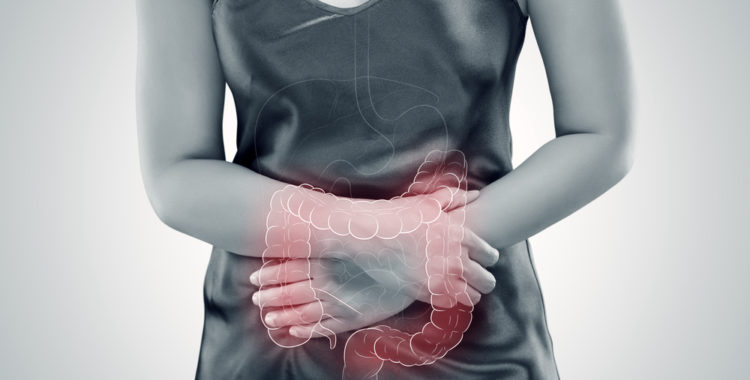What You Need to Know About Living With Ulcerative Colitis
How much do you really know about ulcerative colitis? Maybe you’ve heard of it and know what it is. Or, perhaps you’ve recently been diagnosed with it. Maybe, just maybe, you’ve ever even heard of this condition. Not to worry; we’ve got you covered. You’re about to learn everything you need to know about living with ulcerative colitis.
What Is Ulcerative Colitis?
This condition is an inflammatory bowel disease. Ulcerative colitis, or UC, affects the large intestine. The colon and the rectum are parts of the digestive tract. This tract experiences inflammation and the development of sores, or ulcers, along its lining when UC sets in. The causes of UC aren’t really known. But, it could possibly occur when the immune system negatively reacts to normal bacteria. A family history of UC is another potential cause for the development of ulcerative colitis.
Some Symptoms of Ulcerative Colitis
UC causes issues within the digestive system. So, the symptoms are usually things like diarrhea, stomach pain, and cramps. Other symptoms include:
- Rectal bleeding (blood in the stool)
- Rectal pain
- Inability to defecate
- Weight loss
- Fatigue
- Reduced (or loss of) appetite
There are different stages of severity for UC. With each different stage, the symptoms change. Sometimes, the condition can become very serious and cause really severe complications. It’s important to see a doctor when symptoms first occur. It’s best to prevent the situation from becoming worse.
Learning More About Ulcerative Colitis
Did you know that there are different types of UC? The kind of ulcerative colitis a person has is determined by the location of the inflammation.
When a person has ulcerative proctitis, the rectum is affected. This is usually the milder form of ulcerative colitis. Rectal bleeding is one main symptom that can indicate that a person has ulcerative proctitis.
Another form of UC is proctosigmoiditis. It affects the lower part of the colon (sigmoid colon) and the rectum. This form is usually characterizable by symptoms like cramps in the abdomen, diarrhea, and difficulty with bowel movement.
Left-sided colitis can impact the area from the rectum to a place near the spleen. Some of the signs of left-sided colitis include weight loss and pain or cramping on the left side of the abdomen.
In pancolitis or pan-ulcerative colitis, the entire colon is usually affected. This form of the disease can cause bloody diarrhea, weight loss, and fatigue.
Living With Ulcerative Colitis
Ulcerative colitis is not exactly curable. But it is treatable with medications and changing up diet. People who have UC should speak with their doctor. This will help them to come up with a treatment plan that works to keep the symptoms under control.
If someone has ulcerative colitis, it might be best that they stay away from fiber-heavy foods. A low-fiber diet is a good way to lower fiber intake. There are lots of fruits, vegetables, and pasta or rice dishes to choose from. People who have UC should try to avoid beans, fried and spicy foods, nuts, and bran.
If you have ulcerative colitis but you like to work out, you may run into a little trouble. Sometimes, intense exercise can be hard to do when UC is causing issues. But, keeping up with exercises that don’t make you exert so much energy is a good idea. It’s also important to make sure that you get an adequate amount of good rest.
Need Help Taking Care of Your UC?
Some prescription medications can really help with ulcerative colitis symptoms. But, some prescription medications are expensive. Don’t let the prices of medicine stop you from getting better. Advocate My Meds is a prescription assistance program that helps people get the medication they need at little to no cost. If you need medication for UC, check out the prescriptions we help with. Then, contact us to start keeping your ulcerative colitis under control.







